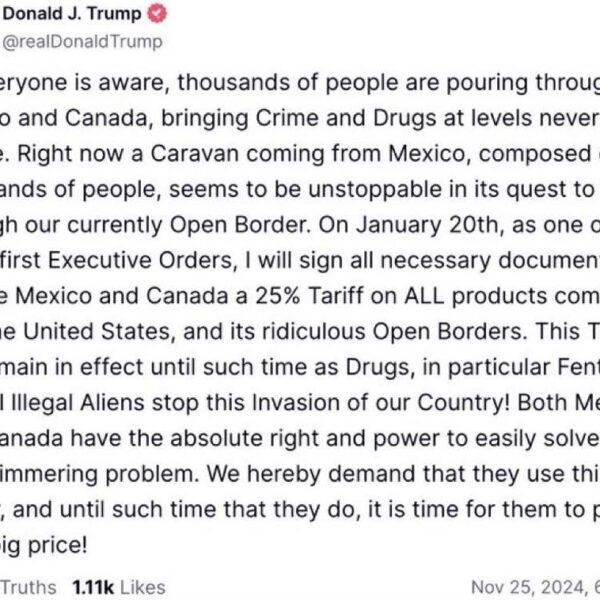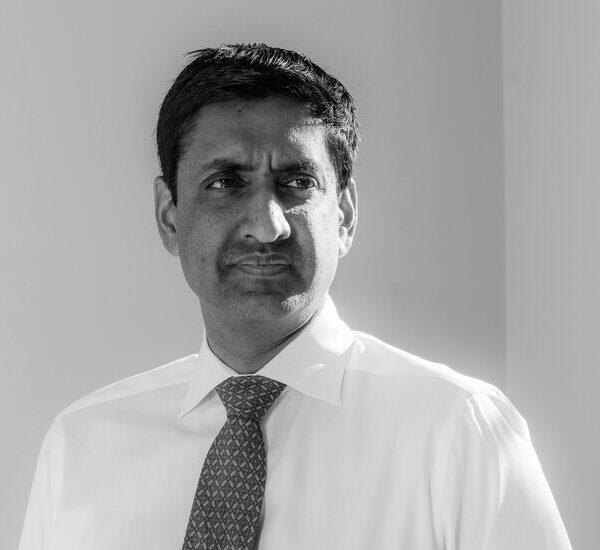ADVERTISEMENT
The capture of the former WEX CEO is a key step in the fight against global money laundering.
In a world where financial crime transcends borders, the arrest in Poland of Dmitry V., former head of cryptocurrency exchange WEX, marks a significant moment in international efforts to combat fraud and money laundering.
This case not only highlights the growing concern about the misuse of cryptocurrencies, but also the strengthening of collaborations between countries to confront these threats.
Dmitry V., a Russian national, was recently arrested in central Warsaw following an extradition request from the US Department of Justice. US authorities accuse him of participating in a massive fraud and money laundering scheme while running WEX, an exchange that inherited the dubious reputation of BTC-e, one of Russia’s largest and most controversial cryptocurrency platforms before it was shut down in 2018. If extradited, he could face charges carrying a maximum sentence of 20 years in prison, Reuters and Rzeczpospolita reported.
US demands extradition of WEX boss after years of persecution
A history of arrests and releases
Dmitry V.’s path to police custody has been a bumpy one. He was previously arrested in Poland in 2021, but a court decision released him after 40 days in custody. Similarly, in 2022, he was arrested in Croatia on an extradition request from Kazakhstan, and in 2019 he had been detained in Italy, although he was later released due to procedural errors in the extradition requests.
The record of releases underscores the legal challenges international authorities face when dealing with figures accused of complex and transnational crimes. The current arrest of Dmitry V. could represent the breakthrough that U.S. prosecutors have long sought.
WEX’s Dark Legacy
Founded as a successor to BTC-e, WEX operated under a cloud of suspicion from its inception. It is accused of facilitating illicit activities, including money laundering and receiving funds from high-profile hacks, such as the notorious case of Mt. Gox, the Japanese exchange that lost millions of dollars in cryptocurrency.
During its heyday, WEX processed more than $9 billion in transactions and attracted more than a million users worldwide, including many in the United States. However, it was notable for its lack of rigorous identity checks, becoming a haven for funds of questionable origin.
In 2018, WEX abruptly shut down, leaving a financial hole estimated at $450 million, a figure that still sparks controversy and litigation. WEX’s downfall not only harmed its users, but also highlighted regulatory vulnerabilities in the global cryptocurrency ecosystem.
From $9B in transactions to prison: The rise and fall of Alexander Vinnik, aka “Mr. Bitcoin.”
Once led WEX, a dark exchange linked to major crypto hacks
Accused of laundering billions from 2011 to 2017
Now faces US justice
A stark reminder of crypto’s darker corners.…
— Ezaz (@ezaz077) December 9, 2024
Alexander Vinnik’s precedent
The case of Dmitry V. has parallels with that of Alexander Vinnik, known as «Mr. Bitcoin,» who led BTC-e before its closure. Vinnik was arrested in Greece in 2017 and later extradited to the United States in 2022 after spending two years in prison in France. In May, Vinnik pleaded guilty to conspiracy to commit money laundering between 2011 and 2017.
The charges against Vinnik and Dmitry V. reinforce the pattern of these platforms’ involvement in large-scale financial crimes. These cases also show how authorities are closing in on the key players in these schemes.
The Global Fight Against Cryptocurrency Money Laundering
The arrest of Dmitry V. falls within a broader effort to regulate and oversee the use of cryptocurrencies. Platforms like WEX have been criticized for operating in a legal limbo, allowing for large-scale illegal activities. In response, international bodies like the FATF (Financial Action Task Force) have urged countries to implement strict measures to prevent money laundering through digital assets.
Countries like the United States and the European Union have strengthened their regulatory frameworks, requiring greater transparency and verification in cryptocurrency transactions. However, the decentralized and cross-border nature of these platforms remains a significant obstacle.
This case should serve as a reminder to governments and financial institutions of the need to strengthen international oversight and cooperation. Only with strong regulations and determined political will can we ensure that cryptocurrencies are tools for development and not instruments of corruption.
About The Author















